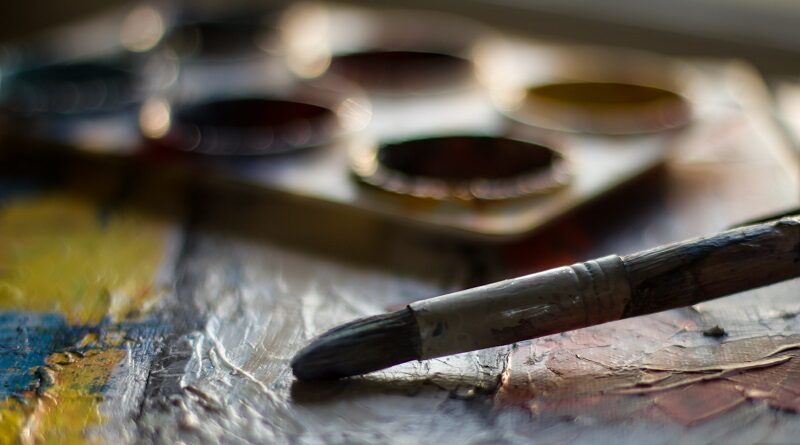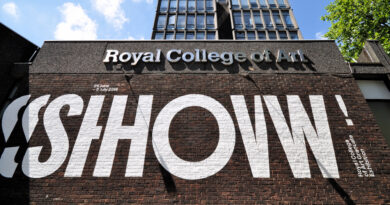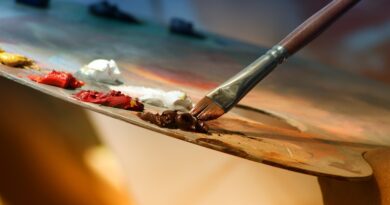Postgraduate courses in Art
The world of art is one of those areas that can branch off into so many careers leaving much career choice and develop transferable skills you can take into many other fields.
When we hear of an art course, we almost immediately think of graduates becoming artists but the truth is, there is so much you can do within specific art courses that you can branch into many areas such as media, film, teaching, working in museums and more.
Start your journey to a postgraduate art degree here!
Courses
There are a huge number of art courses available in the area of Art across the UK. Course content may differ in different universities. Some courses offer the opportunity to study full time while others offer part time opportunities. There are a number of different branches under the art umbrella which range into areas such as media, film and even screenwriting. Examples of courses include:
Fine Art
Fine Art postgraduate courses will look at the fundamentals for establishing a career in art. These courses allow students to look into areas of art which particularly fascinate them. Technical, stylistic, conceptual and experimentation are highly encouraged throughout a fine art course. The aim of a course like this is to encourage students to develop their skills in their chosen area such as illustration, drawing, painting, photography and more.
Creative Media Practices
A course in this area will allow students to explore a range of approaches in creative media such as performance, theatre, film and new media. You will practice and improve your craft while exploring ways in which the media create culture and how culture creates ways of working within the media.
Art and Science
Another difference side to art is the creative exchange and communication between art and sciences. Students will look at the link between the two and their participation in creative projects with an interdisciplinary perspective, work collaboratively with teams and exercise their initiative and personal responsibility in improving and developing their skills and engaging with their creative sides.
Art: Exhibition Studies
Students of exhibition studies will study the history of contemporary art through key developments in the exhibition form. A key focus is looking at wider social conditions of exhibitions such as the effect each exhibition may have on those who view them. Students will develop their skills and knowledge in the field as well as debate, presentations and develop a critical way of thinker about related topics.
Some other courses available are Art History, Art: Theory and Philosophy, Screen: Directing, Applied Imagination in the Creative Industries and specific topics in relation to Fine Art, to name just a few.
There is also the opportunity to take courses in specific areas of your expertise or to improve your skills such as courses in photography, illustration, screenwriting, visual effects, virtual reality and more.
Entry requirements
Entry requirements may differ from course to course or university to university so it is important to do the required research before applying for courses. An honours degree is required to apply to these courses. Some may require a 2.2 degree while others may require a 2.1 degree.
Job options
There are a few job options in this area and a few different routes you can take. Examples are:
- Artist
- Art teacher
- Gallery work
- Museum curator
- Art Journalist
- Screenwriter
- Photographer
- Illustrator
- Exhibition designer
- Art therapist
Salary expectation
The salary in the field of art is a tricky one. Firstly, it is greatly dependent on what route you take as there are many different options. If you decide to go down the route of becoming an art teacher, the annual salary may be around £45,000. If you want to be an artist, you may earn between £18,000 – £25,000 while working in a museum, you could start out around £18,000 and increase to up to £35,000 with experience. All figures are based on estimates.
Skills and requirements
Skills and requirements that will stand to you in art are:
- Creativity
- Imagination
- Strong communication skills
- Time management skills
- Good social skills
- The ability to work alone and with others
- Strong writing skills
- A good decision maker
- Problem solver
- Critical awareness
- An interest/passion for art




